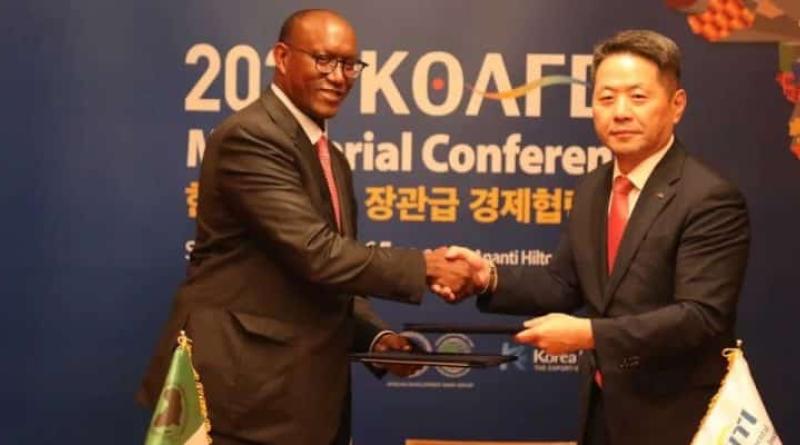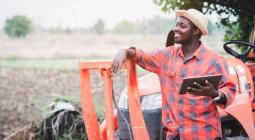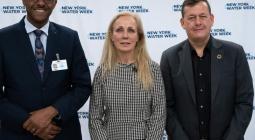AFRICA: AfDB and Korea to promote climate technologies

There is no question that climate change will reduce up to 15% of Africa's gross domestic product (GDP), as several experts predict, by 2050. To avoid this pattern, the African Development Bank (AfDB) will collaborate with the Korea Institute of Environment and Technology (Keitti) in promoting technological solutions, particularly to prevent natural disasters.
Climate technologies have never been in such a rush by public and private institutions around the world. This is because these solutions based on artificial intelligence (AI) and the Internet of Things (IoT) are effective in mitigating and adapting to climate change. The Korea Institute of Environment and Technology (Keitti) and the African Development Bank (AfDB) are joining hands for better appropriation of these tools.
The recently signed “technical assistance” agreement aims to support increased investment in low carbon dioxide (CO 2) emitting technologies in several African countries experiencing the effects of climate change, including droughts and floods. Concretely, Keitti engineers based in Seoul will share their experiences in the design and use of digital technology with African peers, particularly for the implementation of projects on the circular economy, agriculture and energy.
“Transforming these sectors to ensure energy and food security is crucial for Africa's sustainable development and requires significant investments in technological development, increased financial flows and strategic partnerships,” explains Kevin Kariuki, the vice-president . President in charge of Electricity, Energy, Climate Change and Green Growth at the AfDB.
To achieve this, the institution headquartered in Abidjan in Ivory Coast will also have to encourage start-ups that are already standing out in climate technologies. This is the case of the young Kenyan company Amini, which won $2 million in the first half of 2023 for the deployment of a “constellation of satellites”. Its project, supported by the European Space Agency (ESA) based in Paris, France, will provide data on soil and crop health to farmers and administrations.





